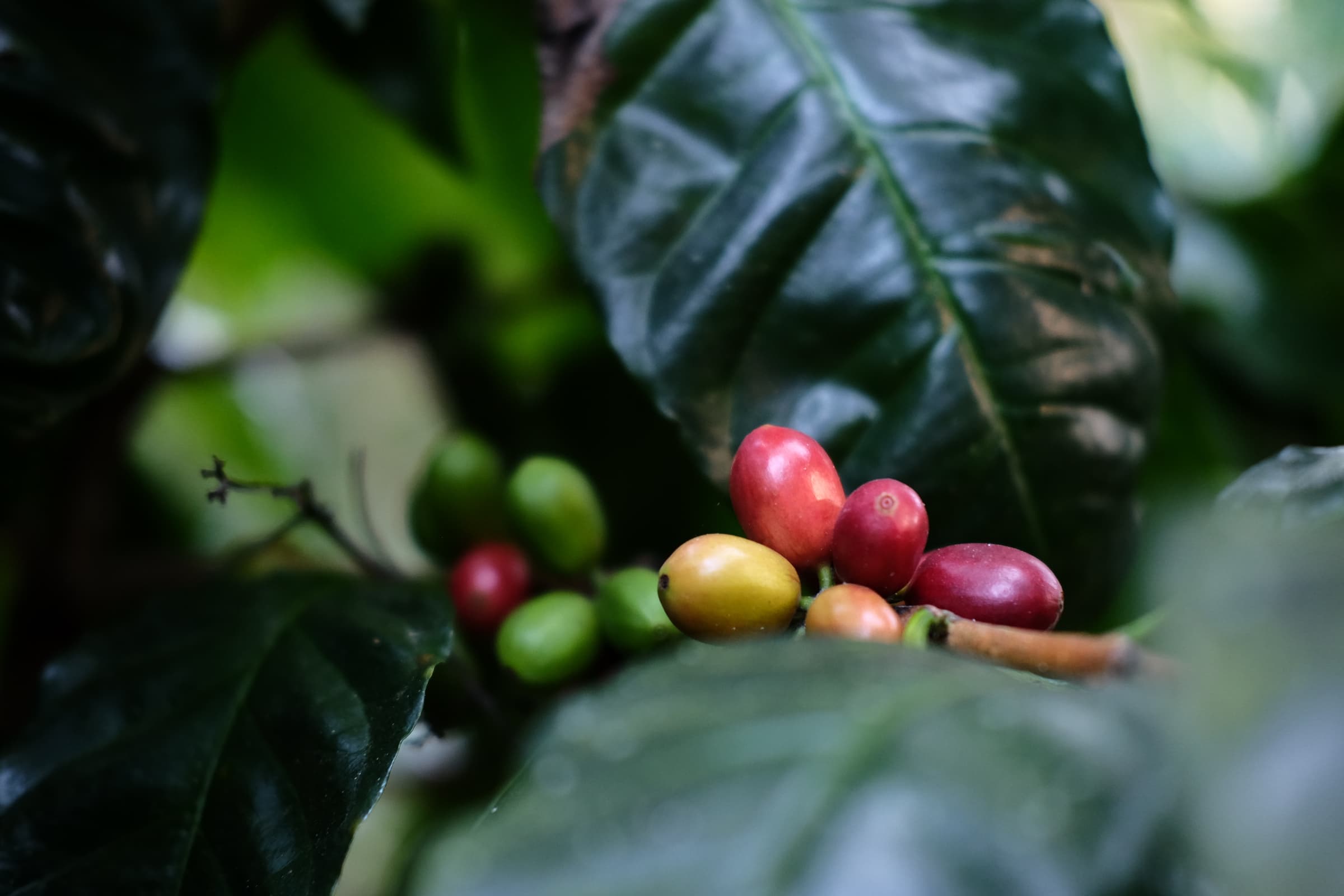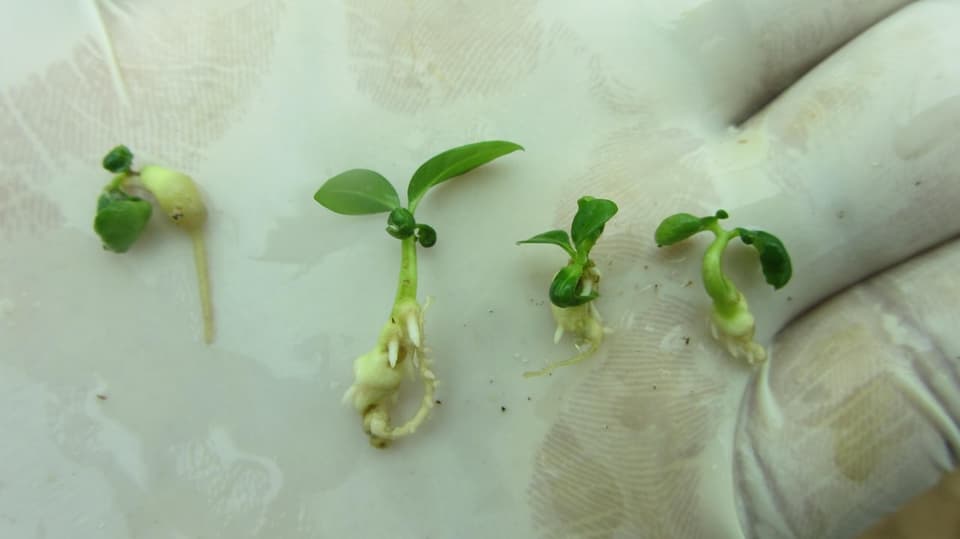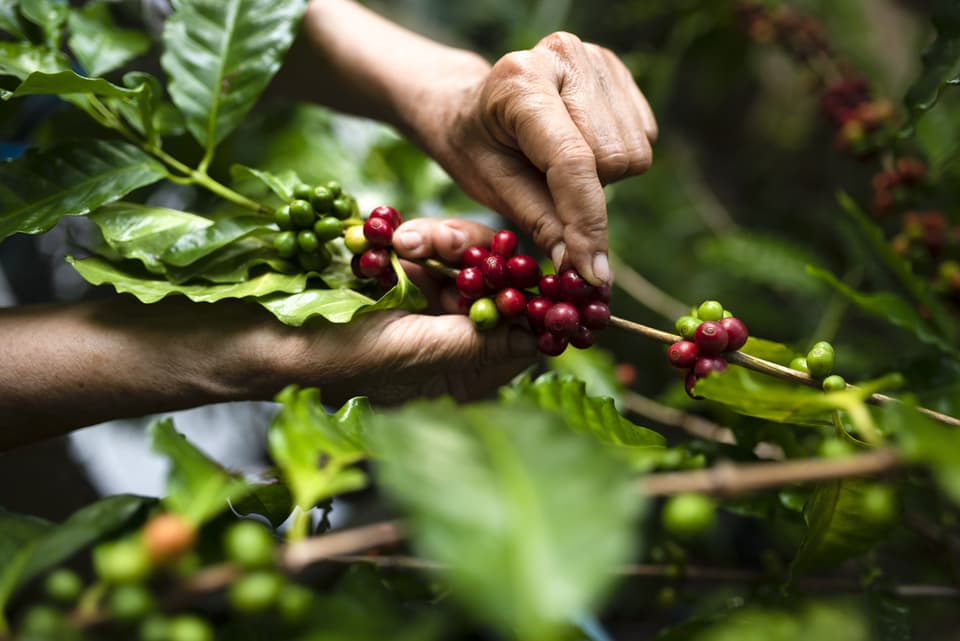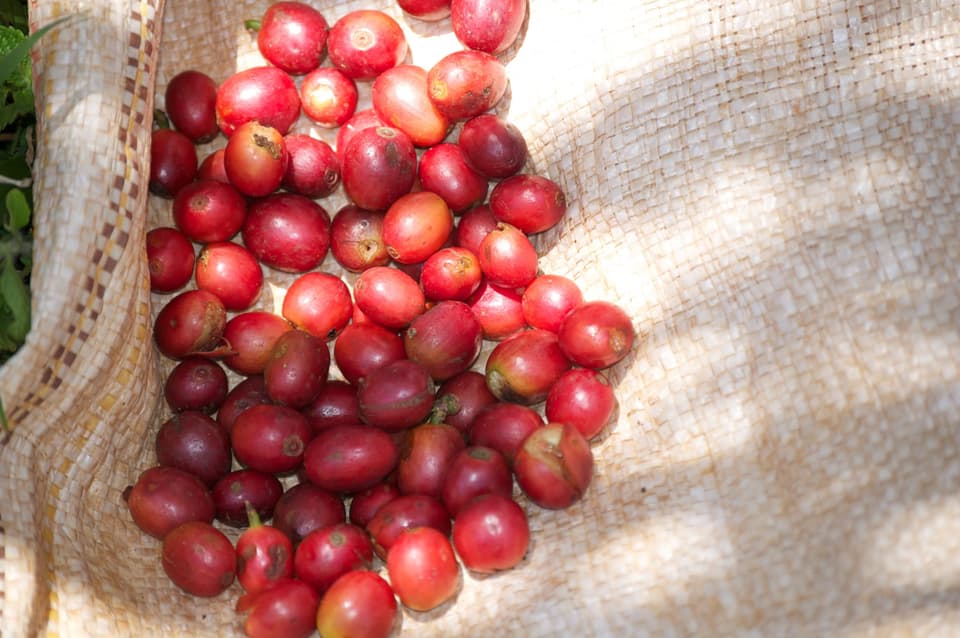Coffee production and washed arabica exports are economically and socially important to Nicaragua, contributing over 20% of agricultural GDP, and providing about half of all agricultural jobs in the country, employing 330,000 people.1 Nicaraguan coffee farmers traditionally grow arabica varieties under shade; however, the country legalized robusta production for lower elevations in 2013.2 Between the 2013 coffee leaf rust outbreak and 2025, farmers replanted approximately 14% of total coffee area (about 20,000 hectares total)—falling short of the ideal replanting pace of 5% per year.3 Many farms delay renovation until trees are diseased or dying, constrained by limited access to long-term credit and to newer, rust-resistant varieties.
1. USDA Coffee Annual: Nicaragua, 2025.
2. USDA Coffee Annual: Nicaragua, 2025.
3. USDA Coffee Annual: Nicaragua, 2025.








